early 15c., "resembling gold, gold-colored," also figuratively, "splendid, brilliant," from Latin aureatus "decorated with gold," from aureus "golden," from aurum "gold," from PIE root *aus- (2) "gold" (source also of Sanskrit ayah "metal," Avestan ayo, Latin aes "brass," Old English ar "brass, copper, bronze," Gothic aiz "bronze," Old Lithuanian ausas "gold"), which is probably related to root *aus- (1) "to shine." Especially of highly ornamented literary or rhetorical styles. Related: Aureation. malleable metallic element, noted for its peculiar red color, tenacity, malleability, and electric conductivity, late Old English coper, from Proto-Germanic *kupar (source also of Middle Dutch koper, Old Norse koparr, Old High German kupfar), from Late Latin cuprum, contraction of Latin Cyprium (aes) "Cyprian (metal)," after Greek Kyprios "Cyprus" (see Cyprus). Ancient Greek had khalkos "ore, copper, bronze;" an old IE word for "ore, copper, bronze" is retained in Sanskrit ayah, Latin aes. Latin aes originally was "copper," but this was extended to its alloy with tin (see bronze), and as this was far more extensively used than pure copper, the word's primary sense shifted to the alloy and a new word evolved for "copper," from the Latin form of the name of the island of Cyprus, where copper was mined (the alchemists associated copper with Venus). Aes passed into Germanic (which originally did not distinguish copper from its alloys) and became English ore. In Latin, aes was the common word for "cash, coin, debt
"native nurse, children's governess," Anglo-Indian, 1782, from Portuguese aia, cognate with Spanish aya, Italian aja, etc., "nurse," from Latin avia "grandmother," fem. of avus "grandfather" (see uncle).

Ayat ayat emas alkitab

70 Ayat Alkitab Tentang Ketaatan Ayatalkitab Id

Kumpulan Ayat Emas Kristen Ayat Emas Alkitab Semangat

Ayat Emas Alkitab Indonesia Lengkap Aplicaciones En Google Play

240 Ayat Alkitab Dalam Gambar Amazing Fact Ideas Ayat Alkitab Alkitab Kutipan Alkitab

40 Ayat Alkitab Untuk Anak Sekolah Minggu Pendek Yukristen

5 Ayat Alkitab Yang Menguatkanmu Saat Kamu Merasa Khawatir Warungsatekamu Org
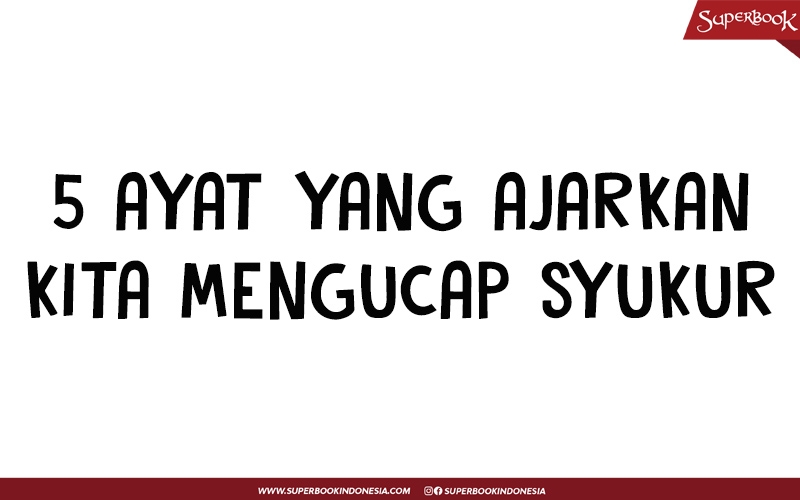
5 Ayat Yang Ajarkan Kita Mengucap Syukur

60 Ayat Alkitab Tentang Kasih Paling Banyak Di Baca

Kumpulan Ayat Emas Alkitab Tentang Masa Depan Heffri Hutapea Blog

Lima Ayat Emas Terbaik Paroki Santo Yosep Purwokerto

Efesus 3 17 Ayat Ayat Emas Alkitab

Ayat Ayat Emas Alkitab Tentang Bersyukur Edisi Ayat Emas Kitab Suci Youtube

Kumpulan Ayat Emas Alkitab Tentang Masa Depan Youtube

Ayat Emas Alkitab Perkataan Tuhan Yesus Mengenai Kasih Menghakimi Sesama Dan Pengampunan Youtube

Ayat Ayat Emas Alkitab Home Facebook
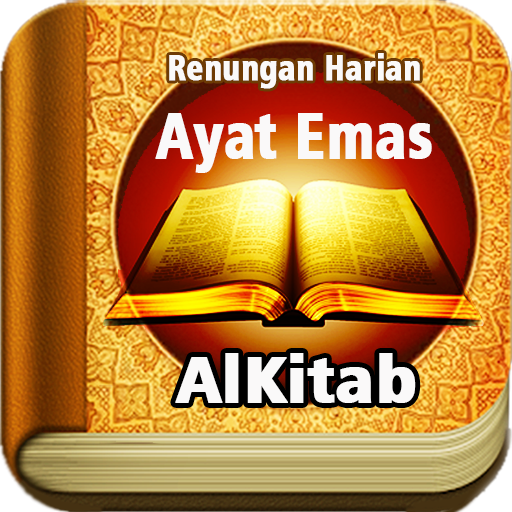
Ayat Emas Alkitab Indonesia Lengkap אפליקציות ב Google Play

Ayat Ayat Emas Alkitab For Android Apk Download
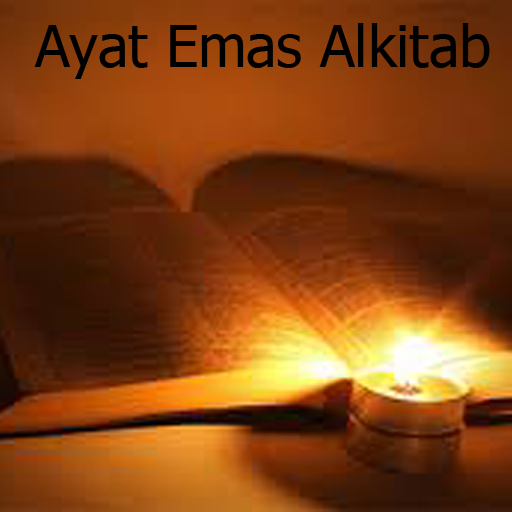
Ayat Emas Alkitab Apl Di Google Play
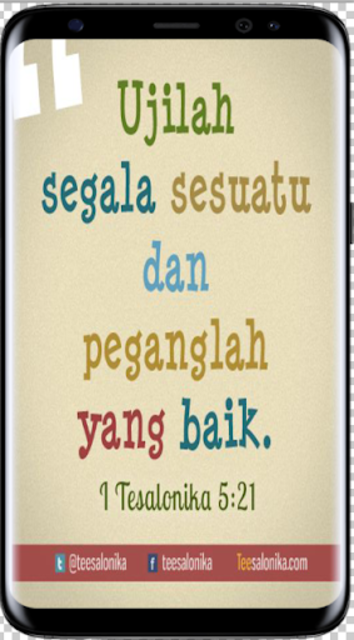
About Ayat Ayat Emas Alkitab Google Play Version Apptopia

3
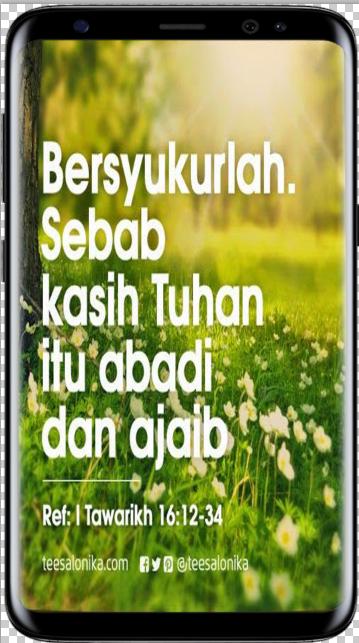
Ayat Ayat Emas Alkitab For Android Apk Download
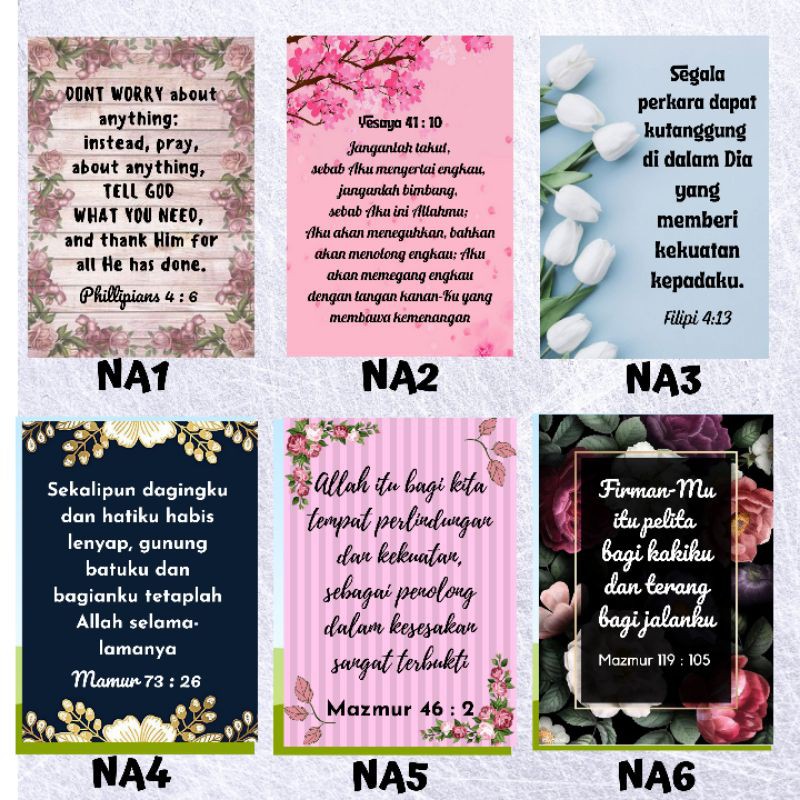
Wall Decor Ayat Emas Alkitab Shopee Indonesia

Ayat Ayat Emas Firman Tuhan Ayat Ayat Emas Firman Tuhan

Ayat Ayat Emas Firman Tuhan Facebook

Ayat Emas Alkitab 首页 Facebook

Kumpulan Ayat Emas Alkitab Kristen Dalam Kehidupan Sehari Hari Terbaru 2018 Mastimon Com
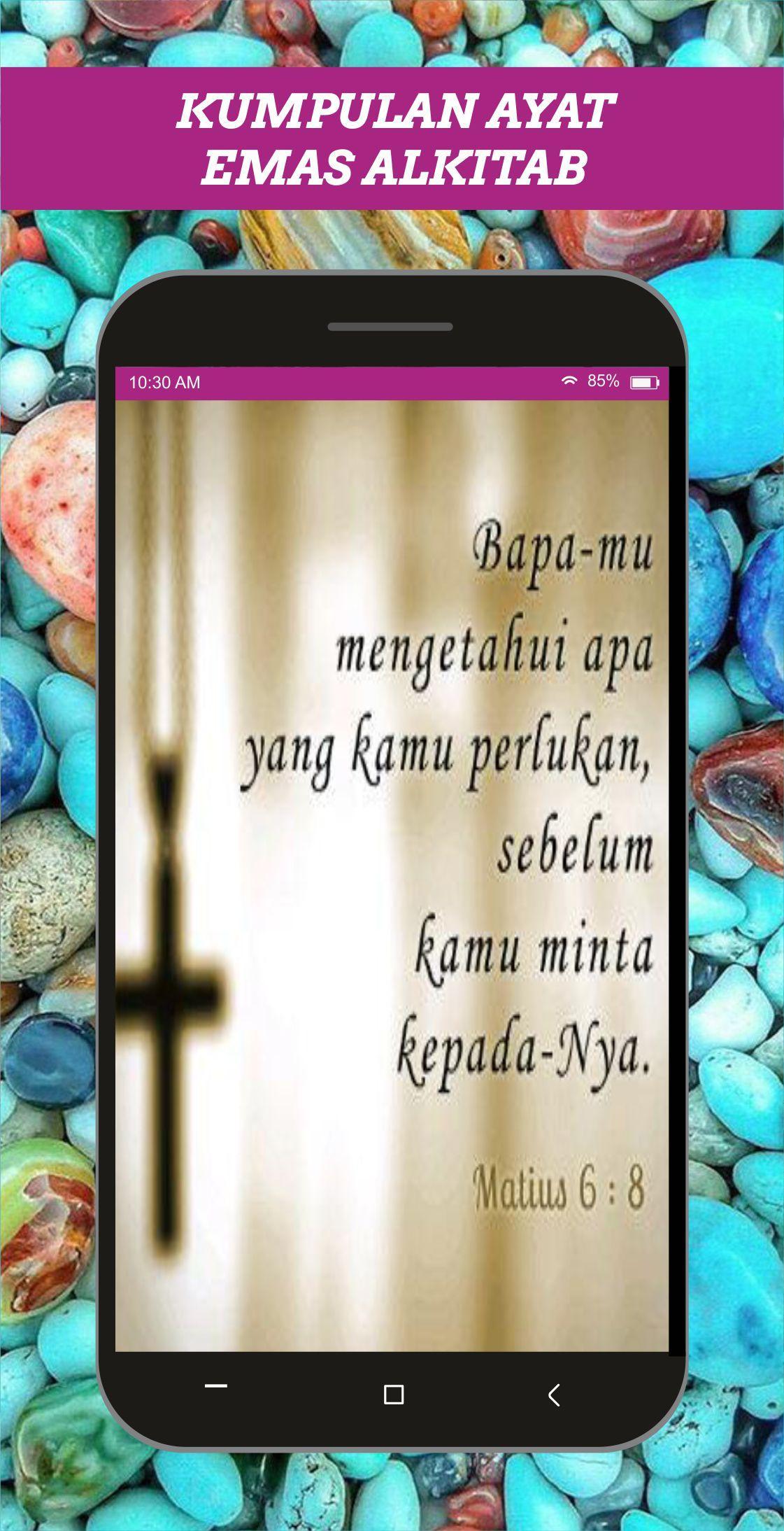
Ayat Ayat Emas Dalam Alkitab Lengkap For Android Apk Download
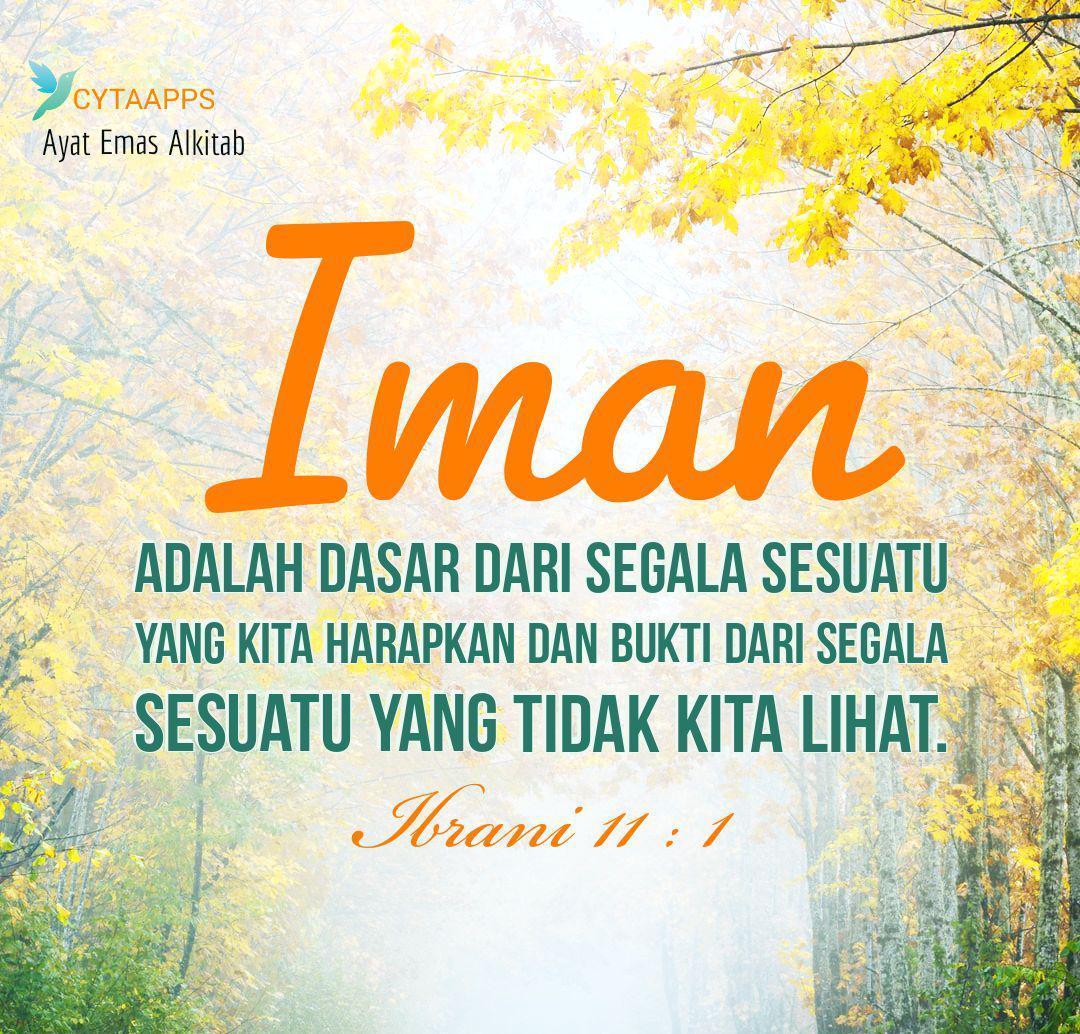
Ayat Emas Alkitab For Android Apk Download

10 Ayat Emas Alkitab Tentang Masa Depan Info Duwit

Ayat Emas Alkitab Mengikut Topik For Android Apk Download

Ayat Emas Alkitab Indonesia On The App Store

6 Ayat Emas Alkitab

Ayat Ayat Emas Firman Tuhan Photos Facebook

Aplikasi Ayat Ayat Emas Alkitab Terbaru Untuk Anda Dan Ianya Percuma

Ayat Emas Alkitab Mencari Jejak Tuhan Yesus

100 Ayat Emas Alkitab Dan Ayat Favorit Alkitab Studibiblika Id
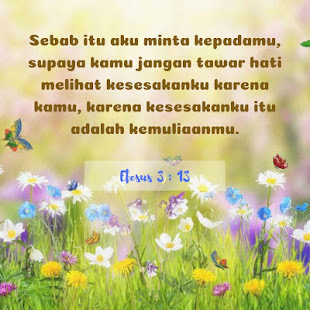
Ayat Emas Alkitab For Pc Mac Windows 7 8 10 Free Download Napkforpc Com

Ayat Alkitab

16 Ayat Emas Alkitab Paling Bagus Dan Menjadi Berkat

Renungan Ayat Emas Alkitab Renungan Ayat Emas Alkitab

Ayub 23 10 Ayat Ayat Emas Alkitab

51 Ayat Alkitab Tentang Kekuatan Dan Penyertaan Tuhan Ayatalkitab Id

1000 Ayat Emas Tentang Alkitab Kristen Katolik Ayat Hari Ini Betantt Com


































0 Response to "43 ayat ayat emas alkitab"
Post a Comment